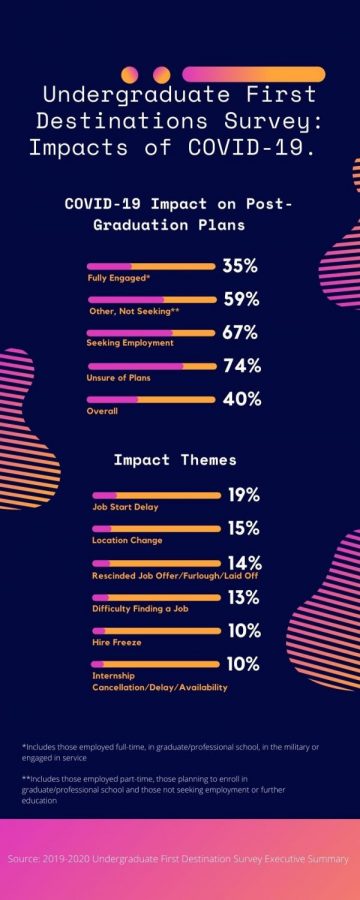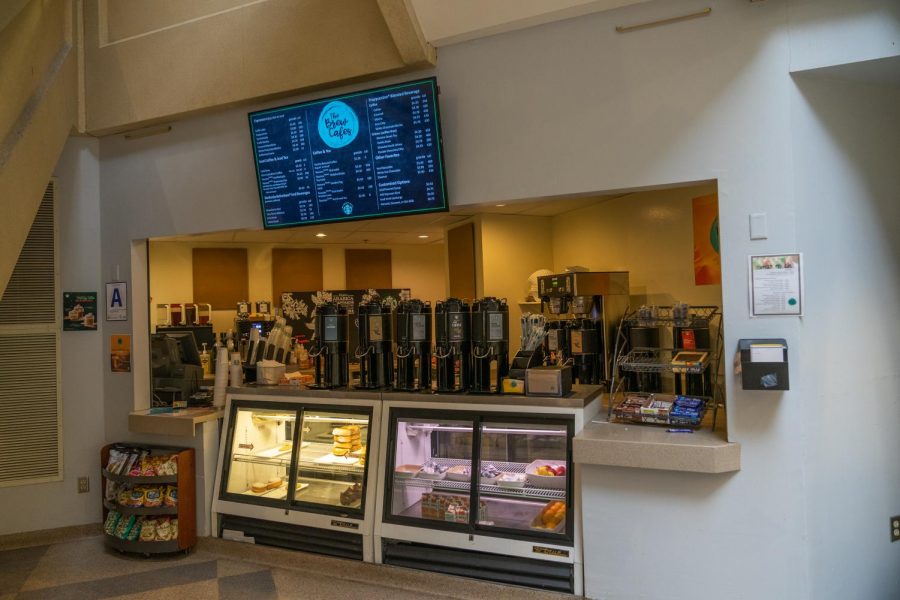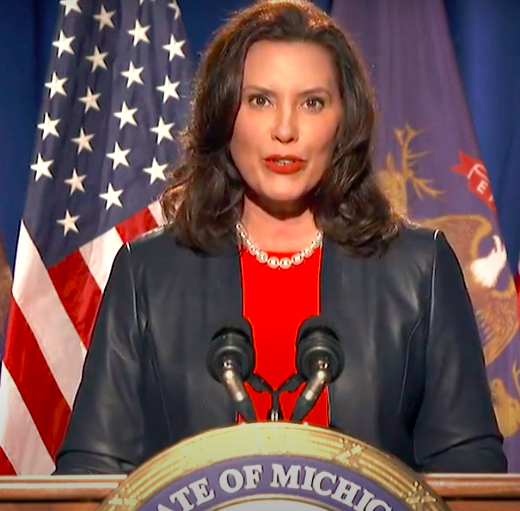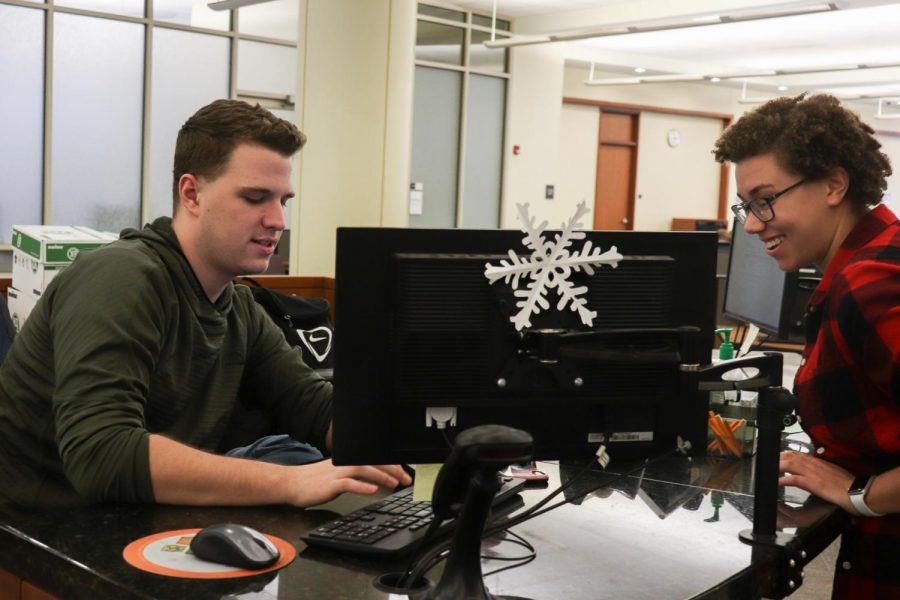Despite unemployment rates in Wisconsin dropping below the national average, more Wisconsinites are working multiple jobs to make ends meet, according to a March report by the Center on Wisconsin Strategy.
But unemployment rates are not the most reliable source for understanding Wisconsin’s recovering economy, said Noreen Lephardt, a Marquette adjunct associate professor of economics.
“One of the things that is happening in this economy is that you’re considered employed even if you work less than a full-time job,” Lephardt said. “So when the Bureau of Labor Statistics calls and asks if someone simply wants to be employed, it skews the data.”
Individuals who have given up their job search no longer impact the unemployment rate, Lephardt said.
“Jimmy Carter talked about the discouraged worker,” Lephardt said. “People on unemployment are looking, but they eventually just give up, so they are not counted into the unemployment rate because they’re not considered to be in the labor force.”
And despite decreasing unemployment rates, Wisconsin families are still dealing with the results of layoffs and pay cuts, according to the report.
COWS reported that 7 percent of Wisconsin workers aged 18 and older hold two jobs, which is 2 percent higher than the national average.
Lephardt said the number of Wisconsinites working more than one job is not necessarily due to financial struggles.
“We have high expectations of what is necessary in life,” Lephardt said. “There are some things people do to accommodate their lifestyle.”
Jameela Asmar, a freshman at the University of Wisconsin-Milwaukee and Milwaukee resident, has several friends and family members who own businesses, work third-shift jobs and take on extra side work to maintain a comfortable lifestyle for their families.
“I think their situations have their pros and cons,” she said. “It really teaches them to appreciate what they have because they’ve worked so hard to get where they are.”
COWS also reported that minorities are the hardest hit by the current economy, with half of non-white workers and their families qualifying as low-income.
“Whites tend to have more ownership when it comes to property and jobs, so I think it leads to minorities rarely achieving their goals when the majority has it handed to them on a silver platter,” Asmar said.
Diana Dombrowski, a freshman in the College of Communication and Cudahy, Wis. resident, is familiar with the economic struggles families are currently facing.
“My dad works at Marquette but also does side work selling boilers to different Milwaukee businesses,” Dombrowski said. “My family always hopes for long, cold winters, so he can sell extra boilers—it doesn’t make or break us, but it’s nice to have extra money.”
“I have a couple friends who will be working two or more jobs to save up for books and school supplies,” Dombrowski added.
Kate Venne, director of university communication, said the majority of Marquette students receive some sort of financial aid, with federal work study being an important factor in some students’ decision to attend Marquette. Alexandra Dossey, a freshman in the College of Business Administration, agreed.
“Being able to do work study was part of the reason I came to Marquette,” Dossey said. “It made it easier to pick a private university.”











